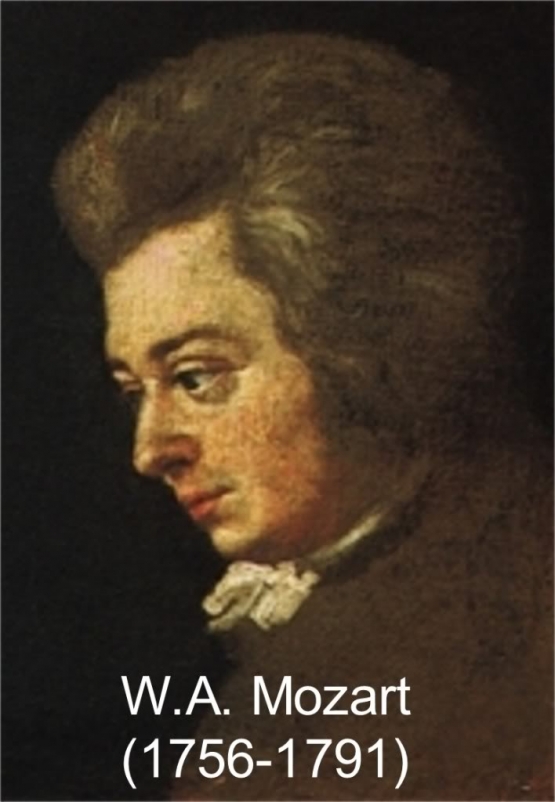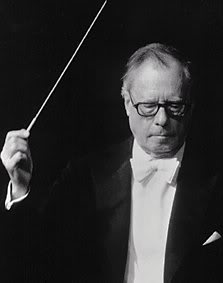Requiem Mass in D minor (K. 626), the last work of the Genius of music,
Wolfgang Amadeus Mozart.
Karl Bohm conducts Die Wiener Philarmoniker (The Vienna Philarmonic)
soprano: Gundula Janowitz
mezzo soprano: Christa Ludwig
tenor: Peter Schreier
bass: Walter Berry



Biography
Born in Graz, Austria, Böhm studied law and earned a doctorate on this subject. He later studied music at the Graz Conservatory. On the recommendation of Karl Muck, Bruno Walter engaged him at Munich's Bavarian State Opera in 1921. Darmstadt (1927) and Hamburg (1931) were the next places he resided as a young conductor, before succeeding Fritz Busch as head of Dresden's Semper Opera in 1934. He secured a top post at the Vienna State Opera in 1943, eventually becoming music director.
Böhm's career prospered after he had completed a two year post-war denazification ban, with his native country usually the focus of his work. The Vienna Philharmonic and the Salzburg Festival featured prominently. He additionally resumed ties in Dresden, at the Staatskapelle.
In 1957, he made his debut at the Metropolitan Opera in New York, conducting Don Giovanni, and quickly became one of the favorite conductors of the Rudolf Bing era, conducting, all told, 262 performances, including the house premieres of Ariadne auf Naxos and Die Frau ohne Schatten (which was the first major success in the new house at Lincoln Center), and many other major productions such as Fidelio for the Beethoven bicentennial, Die Zauberflöte, Tristan und Isolde (including the house debut performance of Birgit Nilsson in 1959), Otello, Der Rosenkavalier, Salome, Wozzeck, Elektra and others. He conducted at Bayreuth in 1966 and 1967, resulting in critically acclaimed recordings of the entire Ring cycle and also Tristan und Isolde.
Late in life, he began a guest-conducting relationship with the London Symphony Orchestra (LSO) in a 1973 appearance at the Salzburg Festival.[1] He was given the title of LSO President, which he held until his death.

![[Novel] Musamus Tubuh Kecil Jiwa Besar, Episode 05-06](https://assets-a2.kompasiana.com/items/album/2025/07/03/cover-novel-musamus-01-jpeg-tayang-68666bb6ed64156d7041c53a.jpeg?t=t&v=100&x=100&info=meta_related)






